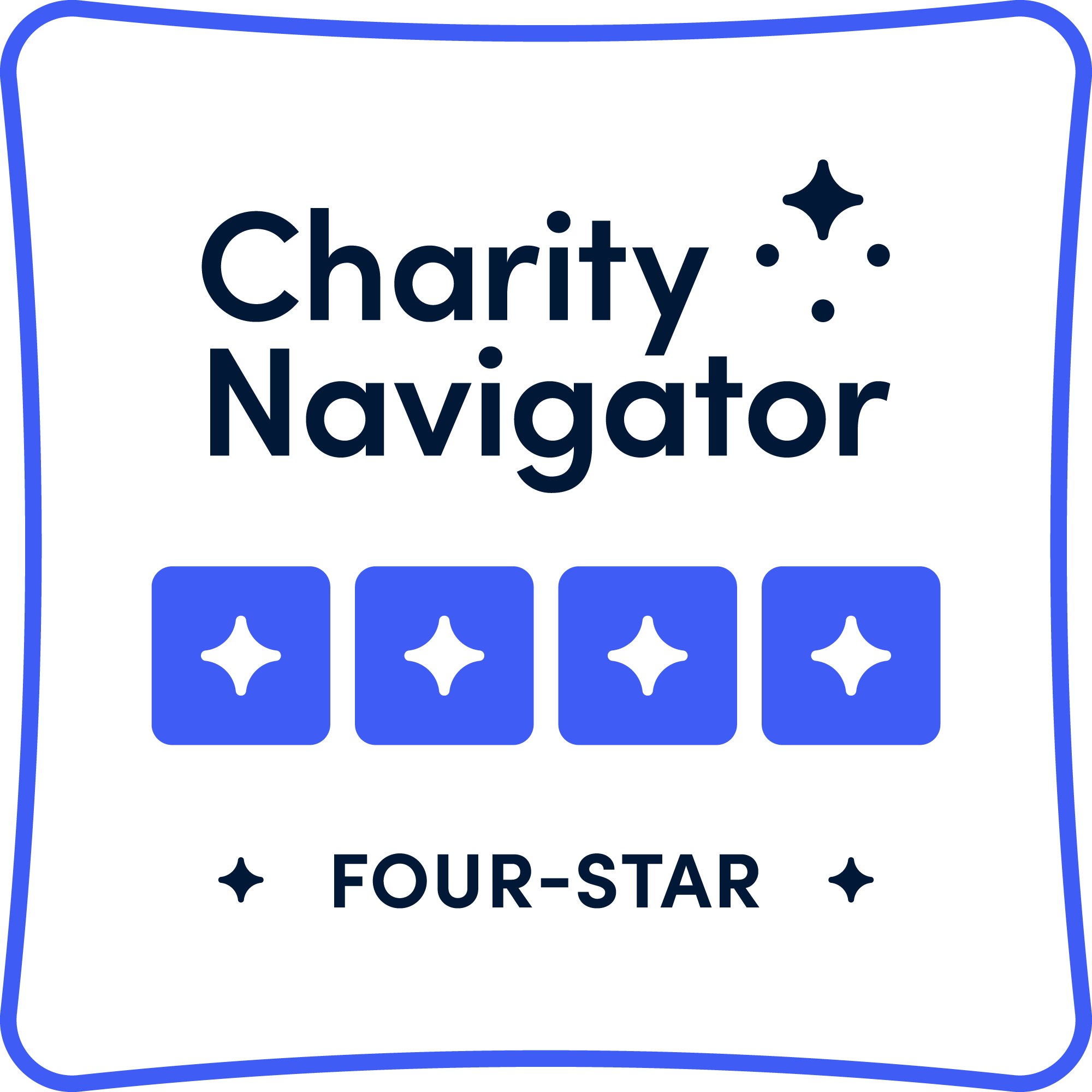[vc_row][vc_column][vc_column_text]IMAGE: A group of volunteers comb the North Park area of San Diego for the Regional Task Force on the Homeless annual census. (Photo: Gary Payne Photography)
We are honored to work alongside organizations such as the Regional Task Force on the Homeless (RTFH) to help discover fact-based, cost-effective solutions to alleviate the suffering of homelessness throughout the San Diego region. RTFH read about an experience Gabby, Lucky Duck Foundation intern, had while grabbing a sandwich after school, and offered some fantastic tips for maximizing interactions with people experiencing homelessness. You never know the luck you can share with a simple conversation.
Thanks, RTFH, for these great ideas.
Gabby and Henry’s story is one of the reasons we love our communities. People care. We wanted to provide some tangible actions you can take when you meet a fellow community member experiencing homelessness.
Do some homework ahead of time if you can. Who are the service providers/agencies in your area? If possible, visit and even volunteer. It will help with your awareness and give you a better understanding of the challenges people face. There are no easy answers or quick fixes. Therefore, knowing who is doing the ongoing work is helpful.
Here are some tips for when you are in the moment and talking with someone experiencing homelessness.
Be engaged. We loved that Gabby learned Henry’s name. There is a great adage; listen more than you talk. Part of that is asking questions. Specifically:
- “What have your experiences been when you have tried to get help?” You can ask them if they have called 211 or have worked with any social service providers. A lot of times we want to help without recognizing the person has tried or had a bad experience. Empathy is critical. This comes back to asking questions. If the person is truly not connected, 211 is a good starting point unless you know an agency in the area.
You may only have 10 or 15 minutes with someone. If you can encourage them to keep working with someone or get connected with a service provider who can help with the ongoing work, you will be giving them the best chance at finding a home.
Language matters. Often times people talk about “the homeless” as if it is their identity. That is not who they are. Homeless is a description of their current living situation. When we use the language “person experiencing homelessness,” it is a reminder this is not their identity. We can work to change their living situation and help them maintain their dignity. Gabby saw a man who was “sweet, kind and most of all a human with a heart.”
Thank you for reading this. This is how we make our communities better. We continue to care and look for ways to be helpful.
Share Your Thoughts
If you have had a meaningful conversation with a person experiencing homelessness, we’d love to hear about it. Share your thoughts and this post on social to encourage others to continue to make our communities better.[/vc_column_text][/vc_column][/vc_row]

